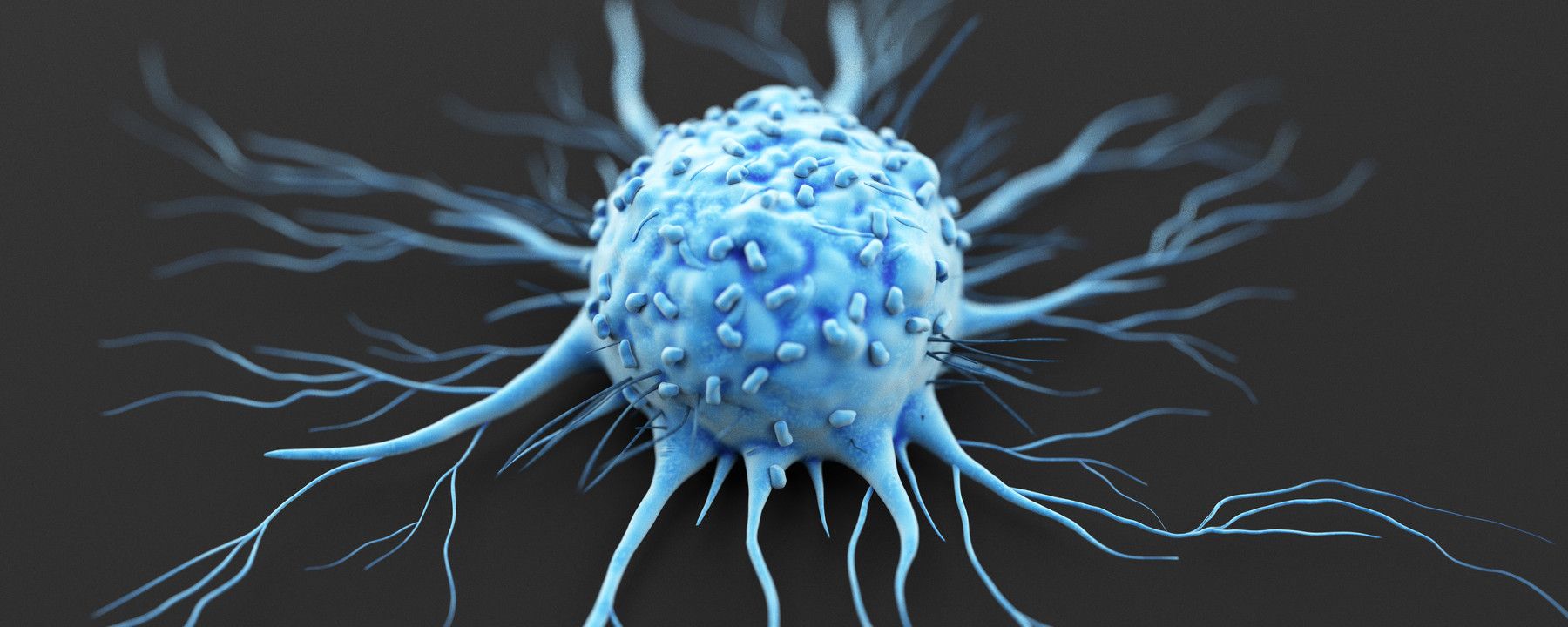Mechanism of metastasis is discovered in pancreatic cancer
Topic: Announcement, Hide on Homepage, Press Releases

An epigenetic factor reprograms gene enhancers, enabling cancer cells to “remember” an earlier developmental state
WOODBURY, NY, – Lustgarten Foundation funded research discovered a mechanism of metastasis in pancreatic cancer, and perhaps, other cancer types as well. The Foundation’s dedicated lab at Cold Spring Harbor Laboratory (CSHL) used organoid technology to find that pancreatic cancer cells reprogram gene enhancers to achieve the ability to spread.
The research, appearing online today in Cell, provides strong evidence supporting this explanation of metastasis, which is the cause of most cancer deaths. Experiments conducted by postdoctoral investigators of the Vakoc and Tuveson labs at CSHL, focused on cells of the pancreas since most pancreatic cancer cases culminate in metastasis.
“We show that to metastasize, the cell has to change, in effect, its whole telecommunications network – its enhancers are being reprogrammed,” Vakoc says. “It seems quite plausible from our results that reprogramming of enhancers enables cancer cells, generally, to achieve metastatic competence.”
The Vakoc team used pancreatic organoid technology developed in the lab of Professor David Tuveson, Director of CSHL’s Cancer Center and Director of Research for the Lustgarten Foundation. Organoids enabled the team to compare normal pancreatic ductal cells in six mice with cells from the same animals in three distinct stages: premalignant, malignant, and metastatic. The team tracked down an epigenetic agent, called FOXA1, whose increased activity causes the reprogramming.
The discovery could have major implications for understanding and treating metastatic cancer. By understanding the biochemical changes that trigger metastasis, eventually researchers will be able to screen potential drugs to suppress these biochemical changes and stop the cancer from metastasizing.
The paper can be viewed at: http://www.cell.com/cell/newarticles

